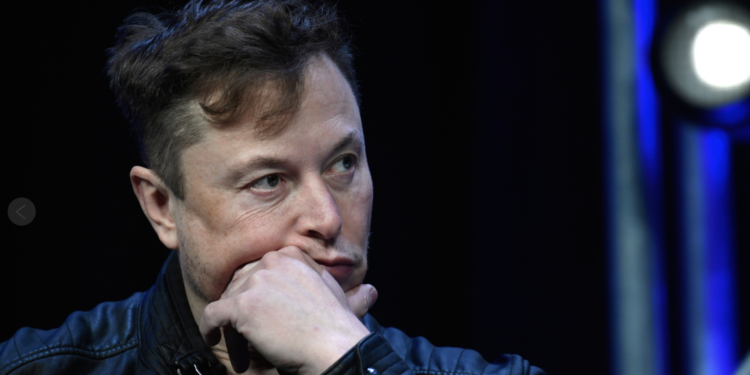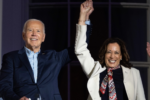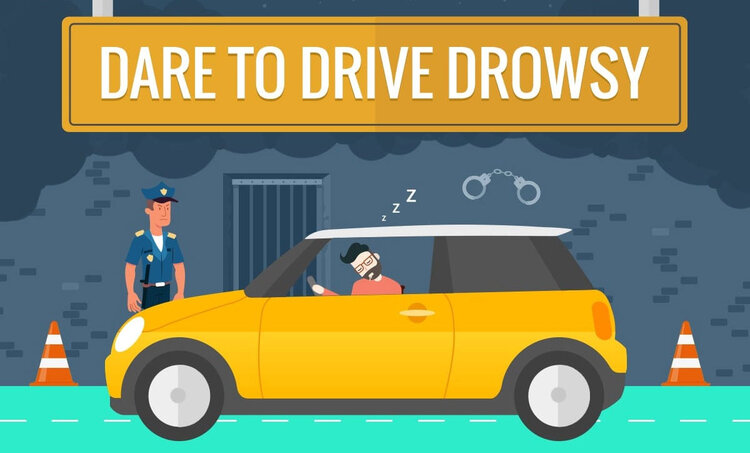Brazilian Supreme Court Upholds Block on Elon Musk’s Social Media Platform X

In a significant ruling on Monday, Brazil’s Supreme Court unanimously upheld a decision by Justice Alexandre de Moraes to block the social media platform X, previously known as Twitter, from operating in the country. The ruling, which came from a virtual session of the court, underscores a broader consensus among justices and highlights the deepening conflict between the Brazilian judiciary and Elon Musk’s social media enterprise.
The Ruling and Its Implications
The decision to block X stems from the platform’s failure to appoint a local legal representative as required by Brazilian law. Justice de Moraes, who issued the initial order last Friday, mandated that X remain suspended until it adheres to his directives and settles outstanding fines exceeding $3 million. This legal action reflects a longstanding dispute between the platform and the Brazilian authorities, particularly over issues related to user management and regulatory compliance. De Moraes’s ruling also introduced a daily fine of 50,000 reais ($8,900) for individuals or entities using virtual private networks (VPNs) to circumvent the block. This provision, however, has sparked controversy and skepticism among legal experts, including Brazil’s bar association, which plans to request a Supreme Court review of this aspect of the decision.
Musk’s Reaction and the Political Context
Elon Musk, a vocal advocate for free speech, has fiercely criticized the decision. Prior to the vote, Musk denounced de Moraes’s actions as violations of Brazil’s constitution and accused the justice of political bias. Following the panel’s decision, Musk launched an X account to publish what he claims are de Moraes’s sealed decisions, alleging they contravene Brazilian law. The conflict between Musk and de Moraes has also extended to Starlink, another company under Musk’s ownership. Last week, de Moraes froze Starlink’s Brazilian financial assets, arguing that the company should be liable for X’s fines due to their economic association. Starlink, which serves over 250,000 clients in Brazil, has contested this action, and its legal team has appealed the freeze.
Broader Implications and Public Reaction
The Supreme Court’s ruling has intensified the ongoing debate over free speech and digital governance in Brazil. X’s block has led to widespread discontent among Brazilian users, many of whom have turned to alternative platforms like Bluesky and Threads to stay connected. This shift highlights the platform’s significant user base in Brazil and the impact of the block on its digital ecosystem. The tension between Musk and de Moraes is also intertwined with Brazil’s political landscape. Musk’s stance has garnered support from Brazil’s political right, including supporters of former President Jair Bolsonaro. Bolsonaro’s allies have praised Musk’s defiance of de Moraes, viewing it as a stand against perceived political persecution. In April, pro-Bolsonaro supporters even rallied with a sign reading “Brazil Thanks Elon Musk” on Rio de Janeiro’s Copacabana beach.
Ongoing Legal and Political Developments
The Supreme Court’s decision and subsequent legal actions against Musk and his companies are part of a broader investigation into the role of social media in Brazilian politics. Justice de Moraes has also launched investigations into Musk regarding the spread of defamatory fake news and possible obstruction and criminal activities. Bolsonaro himself is under scrutiny for his alleged involvement in inciting an attempted coup following the 2022 election. As the legal battles continue, the implications for digital freedom and international business practices remain a point of contention, both within Brazil and on the global stage. The outcome of these disputes will likely shape the future of digital regulation and free speech in Brazil, as well as Musk’s broader business interests in the region.







